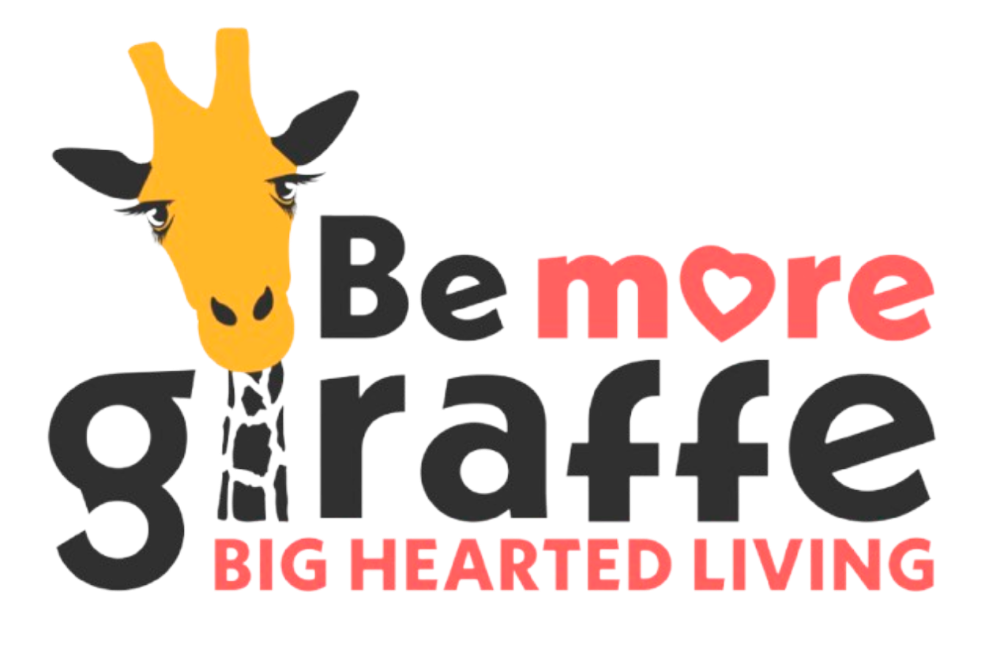The jackal
“It is part of the human nature always to judge others very severely and, when the wind turns against us, always to find an excuse for our own misdeeds, or to blame someone else for our mistakes.”
Paulo Coelho
Our inner jackal is the part of us that is disconnected from our innate compassionate nature. When we step into our jackal, we focus on outcomes (what we want from a situation) rather than connection (with self or others).
Jackals make moralistic judgements which are often the result of automatic, divisive thought patterns that we have been conditioned into from birth. (*To read more about our divisive conditioning, read my blog: Divided we fall.)
Marshall Rosenberg referred to jackal language as ‘life-alienating communication’. Types of jackal language include:
- Demanding and coercing
- Criticising and blaming
- Praising, complimenting and thanking
- Judging and labelling
- Moaning and complaining
- Gossiping and spreading rumours
- Sarcastic comments and put-downs
- Fear-mongering
- Temper tantrums and angry outbursts
- Shouting and swearing
It may surprise you to learn that jackal language can include praising, complimenting and thanking as this type of language is generally regarded as ‘positive’. In fact, it is possible to use praise, compliments and gratitude in a giraffe way too. The key is the intention behind the words rather than the words themselves.
When we praise or thank others from our jackal consciousness it is with the intention of coercion or manipulation - the dynamic being ‘power over’ rather than ‘power with’. When we praise from our giraffe consciousness, it is with the intention of connecting with the other person and celebrating how they have contributed to making our lives more wonderful.
As I’ve come to recognise my jackal (in its many forms) I’ve learned to identify my jackal triggers - which are always the result of an unmet need of some kind.
I’ve realised that my jackal is in its element when it’s judging me (we really are our own worst critics!). Listening to my jackal with my giraffe ears on and finding the needs hidden underneath all the judging and blaming enables me to view myself with kindness and compassion.
Being a highly sensitive perfectionist (now, there’s some self-labelling for you!) this skill of self-empathy is one I’ve found the most challenging…and the most rewarding. It was only when I truly grasped what self-empathy actually entailed (and started to put it into practice) that I was able to genuinely show true empathy to others. Learning to calm my jackal chatter (by paying attention to my feelings, listening to my thoughts and recognising my unmet needs) enables me to be fully present to others with my giraffe ears on and my giraffe heart open.
How we react to our inner jackal varies from person to person and situation to situation. In whatever way your jackal shows up, by increasing your awareness of your jackal tendencies and triggers, you will be better able to make the choice to step out of your jackal and into your giraffe.
Important point: Unresolved trauma can lie at the root of jackal emotional responses and behaviours. If you are living with unresolved trauma, please seek professional help.
Subscribe to my mailing list.
Would you like to harness your inner giraffe? Sign up to my mailing list to receive giraffey news, updates and offers.
We respect your privacy.

(Definition) to be more giraffe: to make a conscious choice to live in a big hearted way - with compassion, abundance and joy
Copyright © Big Hearted Living Terms & Conditions | Privacy Policy | Trading as Big Hearted Living and company reg number 13179370
